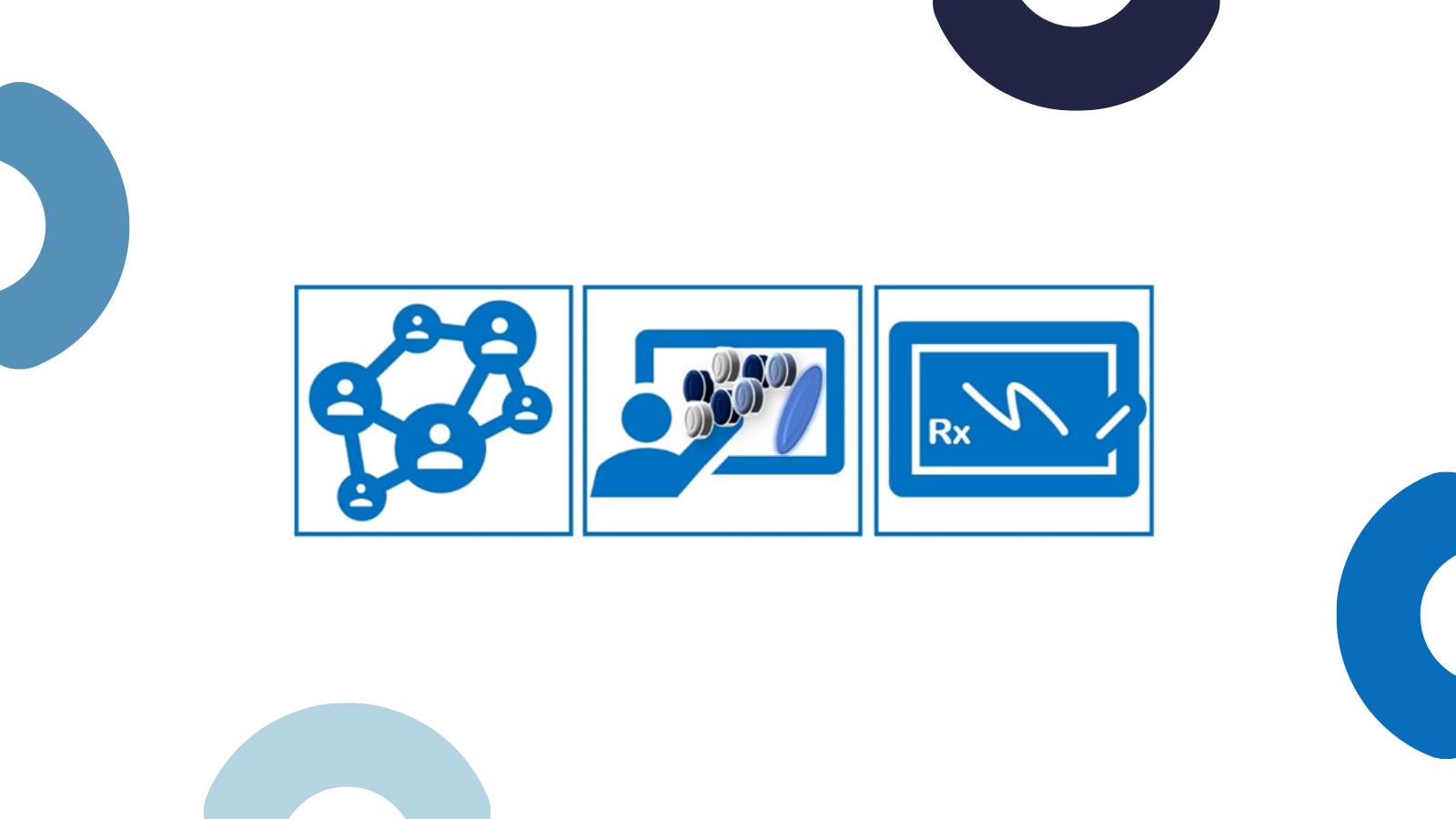The research project entitled ‘‘The effect of pharmacology teaching on diverse learners in a problem-based learning medical curriculum (PharmPBL)’ was successfully completed as of May, 2022. This was a joint research project between the University of Nicosia Research Foundation (UNRF) and St George’s, University of London (SGUL). The project received competitive funding from the Research and Innovation Foundation in Cyprus (EXCELLENCE/0918/0289).
Aims. The project aimed to understand whether the problem-based learning (PBL) curriculum, taught concurrently at both universities, is able to satisfy the learning needs of a diverse student population. With students from a wide range of backgrounds, learning styles, and study processes, the research team aimed to find out if this might impact learning of pharmacology in pre-clinical years and subsequently affect the acquisition of prescribing skills in clinical years. The study was carried out in Years 1, 2 and 4 in the MBBS programme, using mixed methodology.
Quantitative findings. The study examined the performance of students in pharmacology tests (Years 1 and 2) and in the prescribing safety assessment (Year 4) and looked at differences across the groups to see if any particular characteristics might have an effect on learning. The results showed that pharmacology teaching in a PBL-based curriculum may be effective for diverse learners, independently of educational institution, gender, ethnicity, country of origin, native language, age and admission test scores in Year 1, 2 and 4 students. Interestingly, prior knowledge in pharmacology was an important predictor of pharmacological knowledge at the end of the first and second years. Furthermore, students with biomedical sciences degrees performed better at the pharmacology pre-and post-tests in Year 1, while post-graduate degree holders performed better only at the pre-test in Year 1. Importantly, as students progressed in their studies, their performance was independent of their educational background (subject area and level of education), both in Years 2 and 4.
Qualitative findings. Our qualitative findings and a survey we constructed to assess student satisfaction and perceptions allowed us to gain an in-depth understanding of the student learning experience across Years 1, 2 and 4. Analysis from focus groups and interviews revealed three major themes: 1) PBL as a learning environment; 2) PBL as a learning environment in pharmacology; and 3) PBL as a learning environment and confidence in prescribing. Under theme one, students addressed issues pertaining to skill and knowledge acquisition, comparison to lectures and their preferences. Under theme two, issues pertaining to the depth of knowledge as well as correctness of material were identified. Under theme 3, students expressed variability in confidence in prescribing and related that to the depth of knowledge for each drug. Students perceived that learning could be improved by better integration of pharmacology in the curriculum, more resources early on in the course, delivery of lectures and PBL facilitators with greater content expertise. Interestingly, similar issues were raised by students across the different year groups and the results from the survey were consistent with those from the qualitative study.
Conclusion. In conclusion, our findings suggest that a PBL-based curriculum can address diverse learning needs. Further instructional scaffolding may be beneficial in supporting learning and increasing confidence in prescribing. This may be particularly important for novice learners. Curriculum interventions, further addressing learning needs, could ultimately contribute to reducing medication errors through further supporting medical education training.
The findings from the PharmPBL project have been well-received and presented as oral presentations at two international conferences, namely at the International Conference for Medical Education (ICME), 2021 and the Association for Medical Education in Europe (AMEE), 2021. In fact, the presentation at ICME 2021 won ‘Best presentation’ in its session; the theme of the session was ‘Peer-assisted learning/Problem-based learning’. Most recently, the results were presented at both institutions in a research seminar. Furthermore, the results will be presented at the upcoming AMEE 2022 conference in August, where two abstracts have been accepted for oral presentations. Notably, the research team has recently received funding from the ‘University of Nicosia Medical School Research Seed Fund’ to continue this work.

